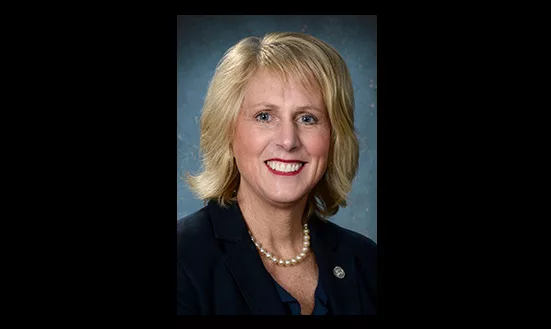Calling it a “fiscally responsible budget,” and one that provides more resources “without raising taxes,” Michigan State Senator Kim LaSata says she has voted this week to support a fiscal year 2022 budget plan “focused on building healthy families and communities, a healthier economy, and a healthy future for the people of Michigan.”
The Coloma area Legislator says, “This is a fiscally responsible budget that makes strategic investments to help meet the needs of families and small businesses after a very difficult year dealing with the coronavirus pandemic.” She notes, “Without raising taxes, our plan would provide more resources for education, job training, and fixing local roads as we work to get our state back to normal.”
The 17-bill budget plan includes $40 million for the Going Pro program to provide grants to support employee training at businesses, $30 million for the Michigan Reconnect program to provide tuition-free community college and training, $72 million for competitive and need-based scholarships for higher education students, and $77 million to assist with child care costs for struggling Michigan families.
LaSata contends, “Prioritizing these programs will help develop and harness local talent to meet the needs of job providers and accelerate our state’s economic recovery.” She also joined lawmakers in calling for the Secretary of State and unemployment offices to be opened as well.
LaSata argues, “We need to get these offices back working for the people they are supposed to be serving as soon as possible,” and points out, “People are waiting months to transfer a title and are still facing issues with their unemployment benefits. Opening these offices and allowing walk-in customers would help clear the significant backlog of residents needing service.”
The budget also dedicates an additional $20 million to assist K-12 students experiencing mental health challenges and boosts preschool funding by $32 million to help reduce class sizes.
The bills prioritize more revenue sharing with local governments, more resources for state road and bridge construction, $2.2 billion for local transportation infrastructure projects, a 50-percent boost for grants to help veterans with expenses, and a new program to incentivize local governments to reduce long-term debts.
Senate Bills 77 and 79-94 now head to the House of Representatives for their consideration.






